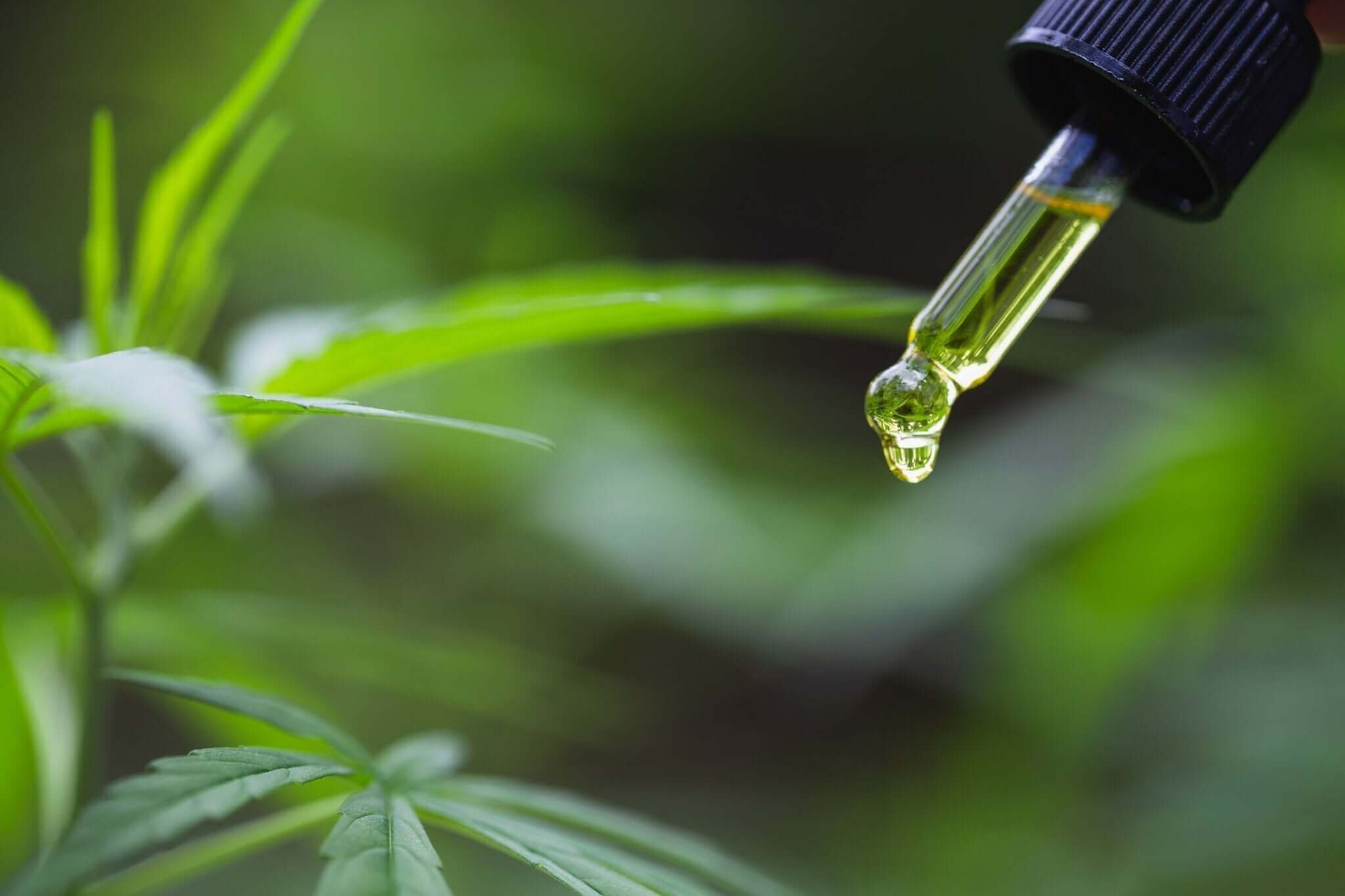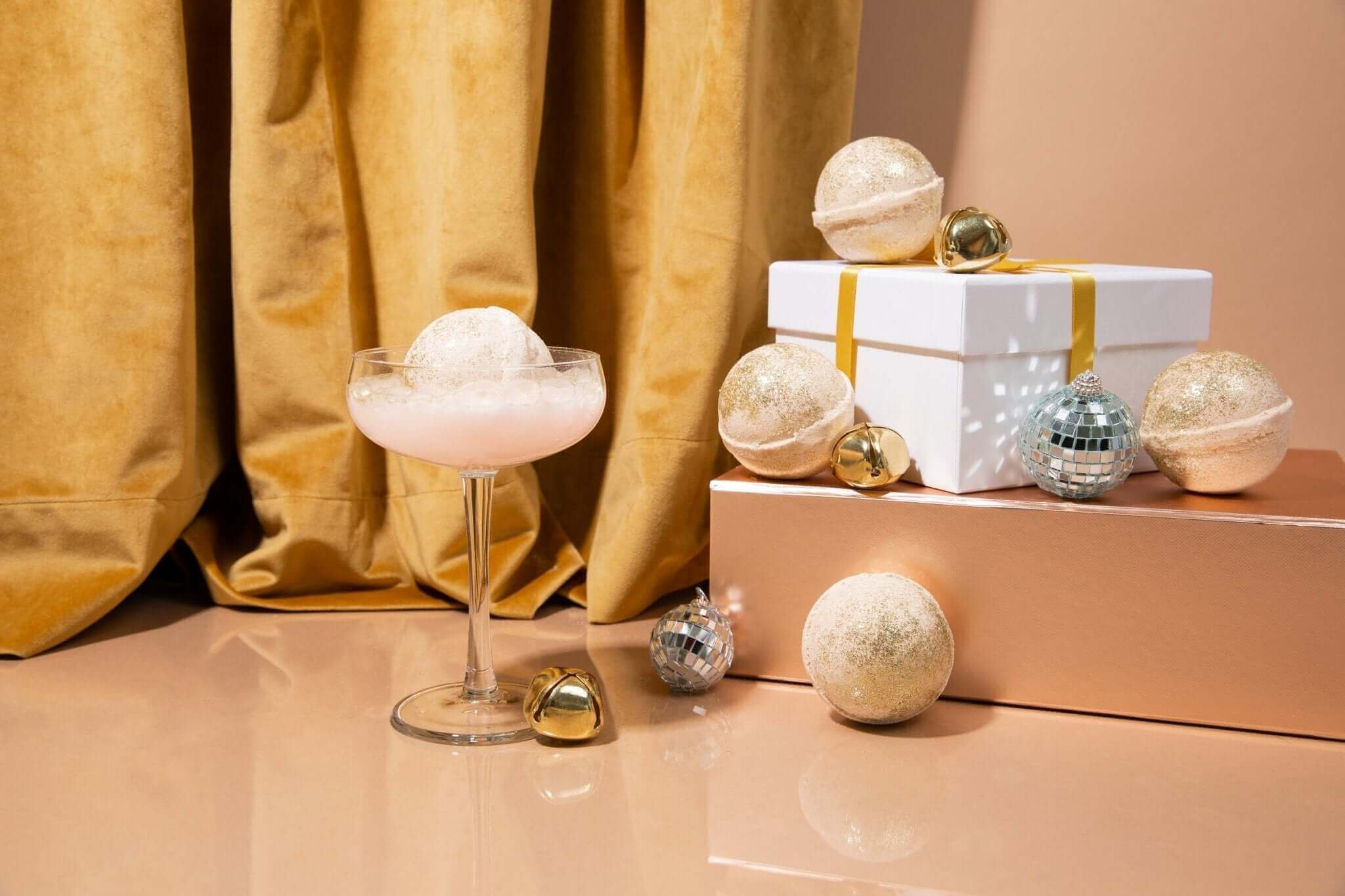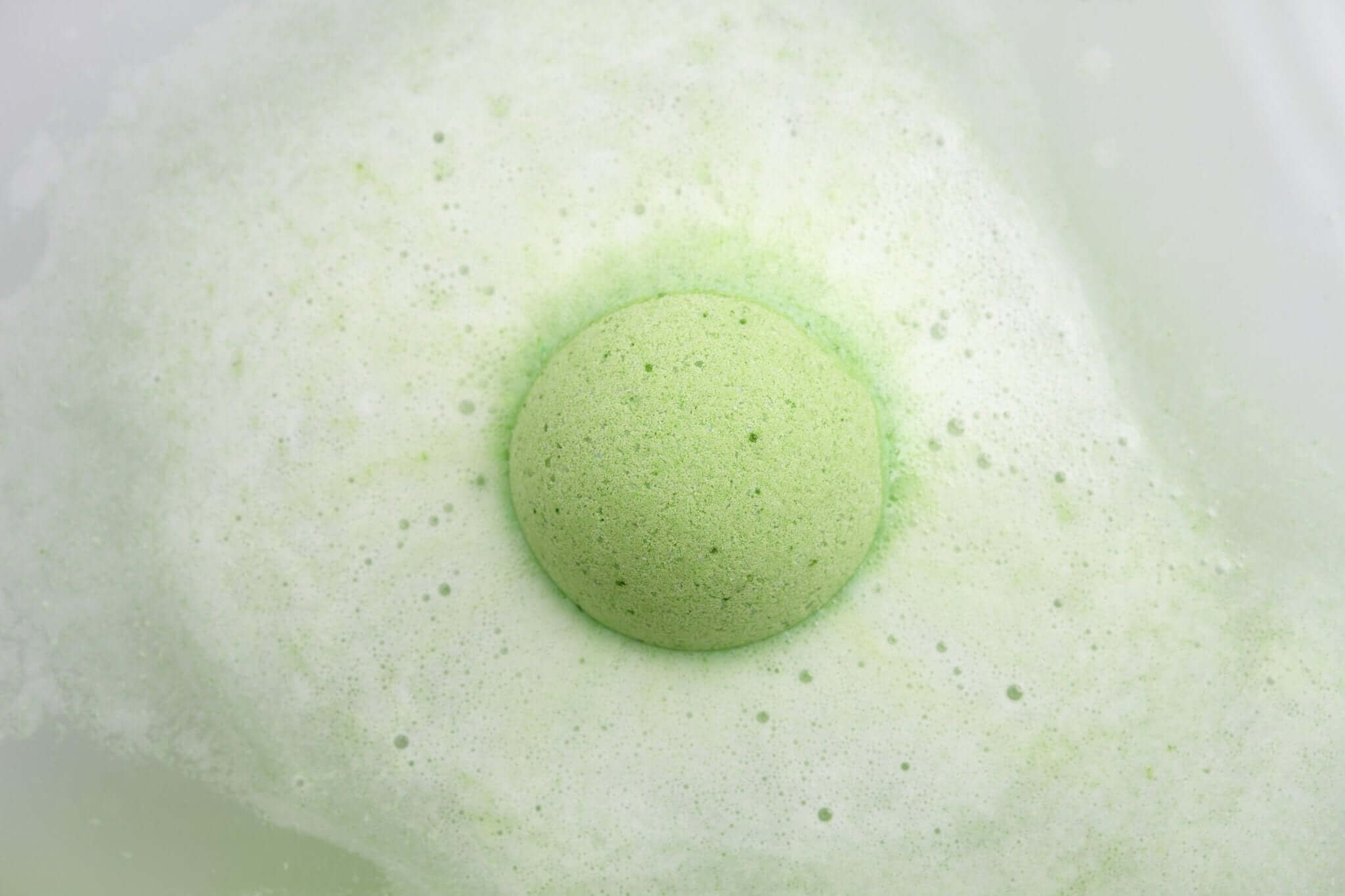Same, Same But Different: CBD Oil vs. Hemp Oil

If you were shopping around for CBD-infused products and came across something that’s labeled as hemp oil, STOP. LOOK AGAIN. Are you getting hemp seed oil or hemp oil that contains CBD? Although both hemp oil and CBD oil come from the same plant and are often referred to as the same thing, they're actually very different products.
It’s easy to get lost in one giant blur when the term ‘hemp oil’ is what others use to refer to CBD oil but it’s actually most commonly used to refer to hemp seed oil which contains no active CBD and offers distinct benefits from CBD oil.
In this blog, we’ll walk you through 3 key differences between the two to give you a better understanding and help you decide the right hempy goodness for you.
1. How they are made
- CBD oil is made from the stalks, flowers, and leaves of the hemp plant which are abundant in cannabinoids and terpenes, including CBD. Hemp-derived CBD oil will have traces of tetrahydrocannabinol (THC) but unlike Marijuana-derived CBD, it's not psychoactive which means it shouldn’t alter how your brain works or cause shifts in mood, awareness, and behavior. For a CBD oil to be classified as such, it must contain less than the legal 0.3% THC.
- On the other hand, hemp oil is made from cold-processing the seeds (and only the seeds) which do not contain any CBD or THC at all.
2. Effects and Benefits
CBD Oil Effects and Benefits
- CBD is a compound known for several potential benefits. Rather than getting you ‘high’, it’s mostly sought after for its ability to soothe and stabilize a sense of calm and focus. While studies and clinical trials are still ongoing, CBD has been touted for reducing anxiety, chronic pain, sleep disorders, and insomnia. But so far, there’s not enough evidence to support these claims yet and the only scientific evidence of CBD’s medical benefit is through the antiepileptic drug called Epidiolex which is the first CBD-derived approved medicine by the FDA.
- As far as CBD topicals are concerned, studies have documented the anti-inflammatory properties of CBD and a slew of other skin benefits. The American Academy of Dermatology suggests the use of topical CBD formulations for acne, eczema, and psoriasis treatment while another study from the Journal of Drug in Dermatology concluded CBD as having significant regenerative and anti-inflammatory effects to aid in suppression of acne breakouts. Other studies have also suggested that CBD’s anti-oxidant and anti-aging properties are far superior than vitamins E and C in a way that it helps slow down the aging process more effectively. In other words, adding CBD into your wellness routine like bath time may give it a boost.
Hemp Oil Effects and Benefits
- Although hemp seeds do not provide the same soothing effects of CBD, it is an excellent source of nutrients which makes it most popularly used for nutritional supplements and food such as cookies, snack bars and yogurt. Hemp seeds contain protein, fibers, gamma-linolenic acid, fatty acids, minerals and vitamins B and D. Studies have suggested other potential benefits such as relieving constipation, improving gastrointestinal conditions and cardiovascular health.
3. Uses
CBD Oil Uses
- CBD has been touted as an antiepileptic via the FDA-approved Epidiolex which is an oral solution for the treatment of seizures. Although research is still ongoing, CBD is widely used for other alleged medicinal benefits that relieve pain and inflammation, anxiety, skin and neurodegenerative conditions. It’s also important to note that CBD oil has three different types and each type offers distinct benefits and uses.
- Full Spectrum CBD Oil
- Contains several naturally occurring compounds of the cannabis plant, including THC but at a very low level. Since CBD is more effective when taken alongside other cannabis compounds called ‘the entourage effect,’ it means you’re getting the full menu of the plant and a more potent effect from the chemical synergies. Full spectrum CBD oil is the most common form used for medical purposes and is a popular choice among tincture brands. Because of its powerful relaxing effects, it has also become a superstar ingredient in edibles and topicals such as CBD bath bombs and CBD soaps.
- Broad Spectrum CBD Oil
- Contains several compounds of the hemp plant but is entirely free of THC which makes it the middle ground between full spectrum and CBD isolate. It’s used in many different forms such as tinctures, edibles, and topicals and is a great choice for someone who’s looking for the full-plant benefits without worrying about THC getting into your system especially with daily use.
- CBD Isolate
- Considered pure CBD as it contains up to 99% of CBD without cannabinoids, terpenes, or flavonoids. It is also the most concentrated form and the cheapest option. Because CBD isolate doesn’t utilize the full hemp plant, it doesn’t offer extensive benefits from the entourage effect which makes it a less popular choice for wellness purposes. However, CBD isolate is typically used for vaping or administered under the tongue using powder form.
Hemp Oil Uses
- Hemp seed oil is commonly available in health and nutrition stores for its powerful nutritional value. It’s mostly used as an ingredient in cooking or sold as a dietary supplement. It's also used in skincare products because of its moisturizing and softening effect that doesn’t clog pores. Since hemp seed oil doesn't contain any THC or CBD, it's never used for recreational purposes. Other uses include manufacturing fibers and clothing.
Our verdict?
If you’re more interested in CBD, we’d suggest looking for labels that say CBD oil or Cannabidiol plus checking to see the Certificate of Analysis of individual products as this will detail how much CBD and THC it contains. At Tub Therapy, we offer bath treats infused with 100mg full spectrum CBD oil which has many potential health benefits that go well beyond the scope of hemp seed oil and other CBD oil types. Our products are also lab-tested by a third-party ADHS and ISO-certified lab in Arizona.
On the other hand, if you’re looking to buy something with hemp seed oil, products will typically be labeled as having Cannabis Sativa oil, virgin hemp oil, hemp seed oil or simply hemp oil. If you remain unsure, another indication is the price tag - CBD oil is a lot more expensive to produce than hemp oil so CBD-infused products will naturally cost you more.
There's still a lot of confusion between hemp oil and CBD oil but remember that just because something is labeled as ‘hemp oil’ doesn’t make it CBD nor does it make it any less a treat.
Source: medicalnewstoday.com, mayoclinicproceedings.org



